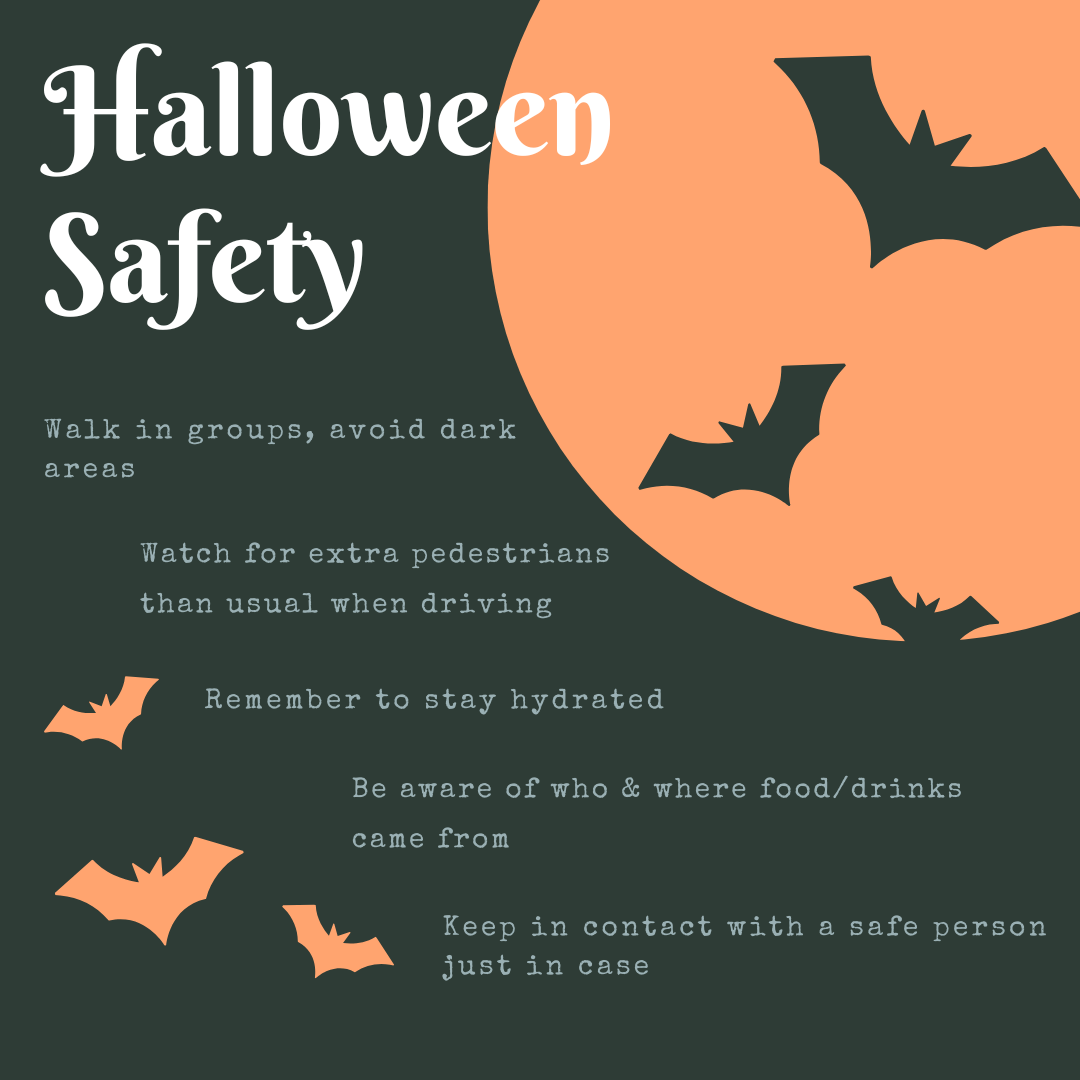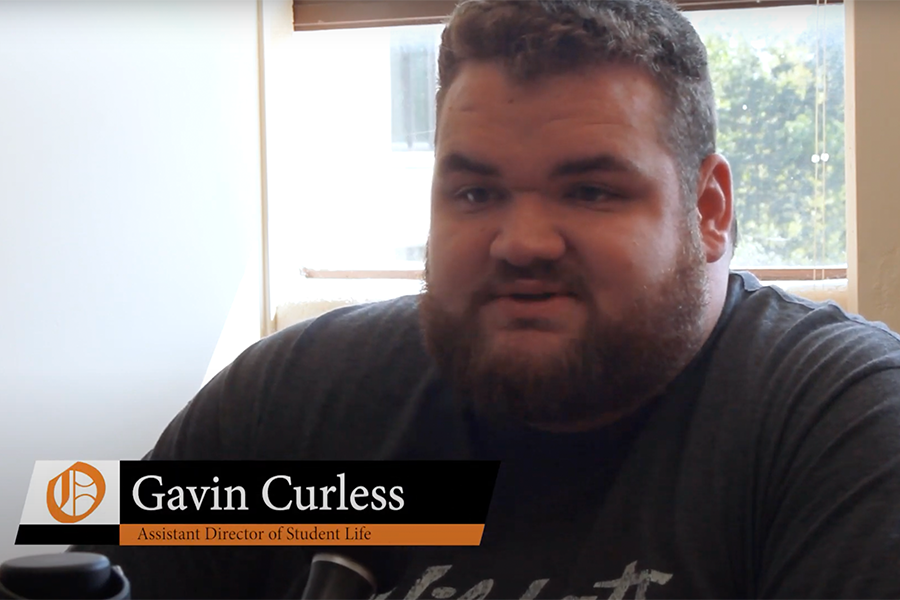It’s a month into 2013 and even though February is just beginning, it’s been a couple of weeks since many people have ended their new year’s resolutions. Whether the goal is the typical exercise more and eat better regimen or breaking a habit like smoking or nail-biting, most people have given up on their “be the best me” endeavor after slipping up and eating that hamburger or lighting that one cigarette after a long, stressful day at work.
Not to say that all people who make new year’s resolutions aren’t giving it a fair shot – there are people who stick to their goals – but typically after the hype of the person’s resolution has begun to wear off, usually within the first week, it isn’t easy to hop back on the bandwagon.
Just because a person doesn’t succeed at first or messes up once or twice doesn’t mean that failure is the only option. Yes, in American culture second place is the first loser but when it comes to something like a new year’s resolution and working to better yourself, determination is what makes a winner, not getting it right on the first try.
Breaking a bad habit isn’t as easy as just stopping and without an action plan, it likely isn’t as feasible. WebMD has a three-step plan to make breaking a bad habit more likely to be a success.
First, a person must make himself conscious of when he is doing the bad habit and why he is doing it. Second, the person should log when he or she is doing the bad habit as well as the emotions and circumstances surrounding the habit. Finally, find a new, healthy habit to replace the old one. For example, instead of grabbing a cigarette, smokers could grab a piece of gum. Doing this is helpful because people have something to occupy themselves so they aren’t as aware of their want or need for the habit they are trying to break.
If a person’s goal isn’t to break a bad habit but to start a new one, like going to the gym regularly, persistence and continuing to try is still key.
The number of days it takes to form a new habit is tossed around. I’ve heard 14 consecutive days of a behavior will make it a new habit and I’ve heard 21 times of completing the behavior will cause it to become second nature to a person, but according to a study done by the Cancer Research UK Health Behaviour Research Centre, it takes 66 days for new behavior to become automatic rather than something a person is consciously trying to do consistently.
There haven’t yet been 66 days in the new year, so those who are still struggling to make your resolution a habit, don’t give up hope!
Just because February is starting doesn’t mean it is too late for a new year’s resolution. The key to success isn’t only strong will or getting it right the first time; the key is perseverance. If a week into not drinking soda a person gives in and takes that guilt-filled trip to the Kwik Shop for a 32 ounce Pepsi, it doesn’t mean he failed and should continue to drink soda now that his first attempt has failed. That person was able to stick to a new goal for at least a week. The next step is to try again, and to keep trying over and over.
Every day is a new day and a new chance to start over. The year may not start over for 11 more months, but there are no more than 24 hours until it is tomorrow and a chance to try again.







